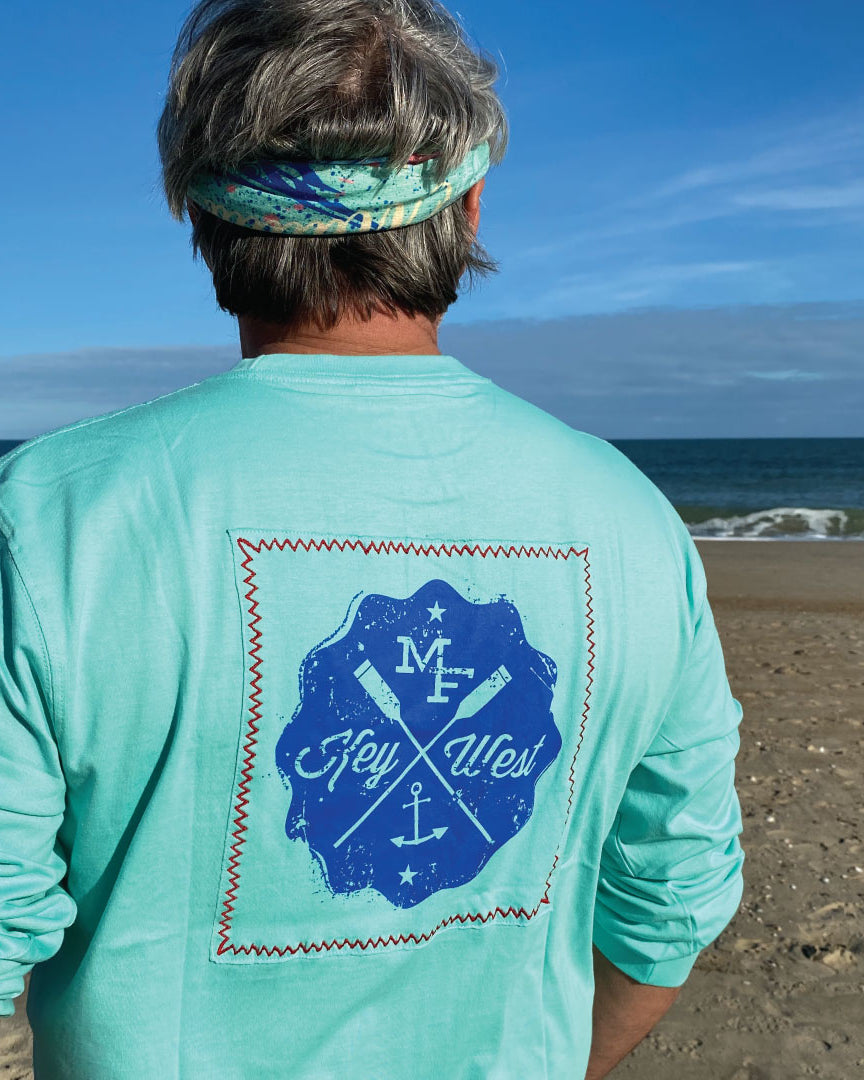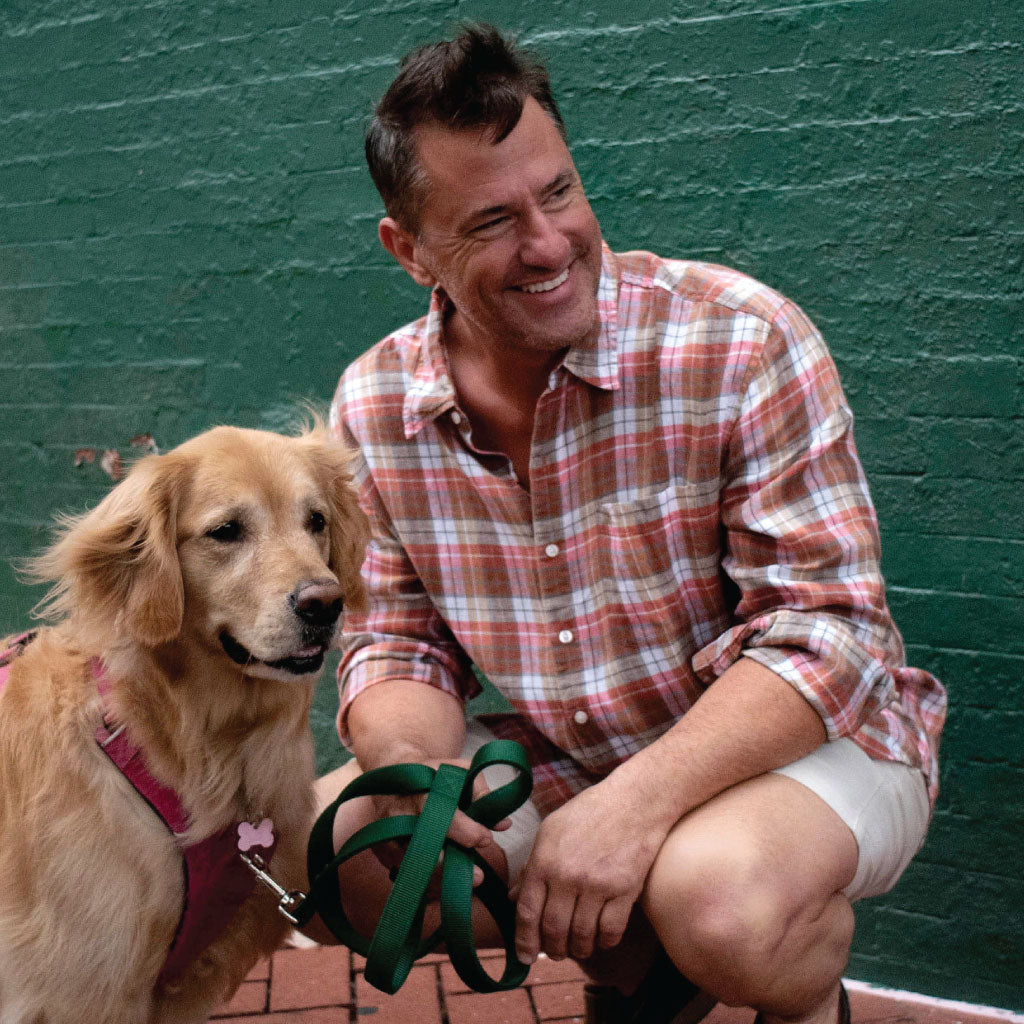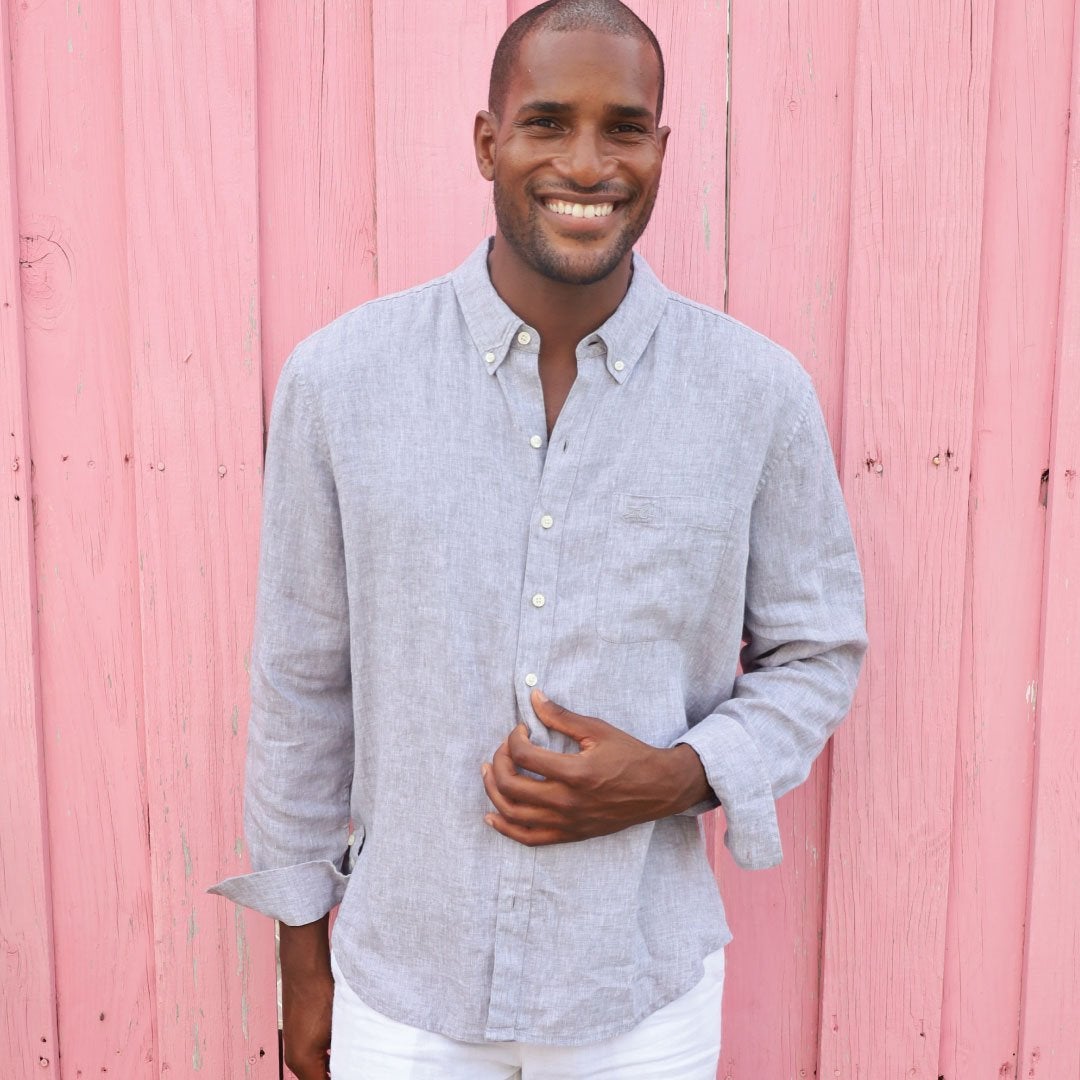
My business partner and friend for over 30 years is one of the most remarkable people alive. As we recognize all veterans this season, grab that second cup of coffee and read about the making of a true American hero. The grit built over a lifetime of confronting adversity, and a model on what real courage is about.
Lessons Learned over a Lifetime of Service to our Country, Hard Work and Grit
The sun lingered, just below the horizon; orange and violet clouds above reflecting in the mirror of the lake below. The air was warm and still, with the electric energy that only a mid-summer evening can bring. A small group of children chased each other in the growing darkness, peals of laughter drifting skyward.
Fourteen-year-old Ronald Ray paused to catch his breath, hands on his knees. He glanced down at his fingers, stained purple from a day spent working the blueberry fields of Michigan, stripping ripe fruit from the bushes and filing bucket after bucket until he was covered in dirt and sweat. He did not begrudge this day, or any other for that matter. For him, it was simply life.
His mother, matriarch of the family and his lifelong mentor, had taught him early on the value of a hard day’s work.
As if on cue, she appeared in the doorway, the irrefutable signal to the children that the day was done. Abandoning their game, they followed her into their simple, transient summer home: a small, 15x30 foot room lined with bunk beds; a modest, Bunsen burner stove standing in the corner.
Ron lay in his bunk and stared at the ceiling until his eyes drifted shut and the cycle of work, play, rest began again.
The value of hard work was Ron’s first lesson. Over a lifetime, he has gathered many more.
Recognize the value of mentors
Ron’s entire family worked as migrant farmers in the 40’s, picking citrus in Florida from December to May; then strawberries, blueberries, and cherries over the early summer months in Indiana and Michigan. By August, they were in the fields of Georgia, picking cotton fluff from the split-open bolls. When December rolled around, it was back to Florida to start all over again.
A farm manager first recognized Ron’s untapped talent for leadership, and at the young age of 14, made him the field foreman. That summer, Ron’s family and 200 other field hands worked under his youthful supervision, harvesting quickly during the notably short season. This stands out as one of Ron’s earliest leadership lessons – not only how to “think and do” business, but also two key principles:
- Treat people fairly
- Be loyal to your team
These early lessons in leadership, people skills, and business practices serve as a foundation for Ron even to this day. “I was a lucky guy to have a mentor like that to start off with,” Ron notes. “Throughout life that’s happened.”
Do it right the first time
Migrant farming meant disruption to a typical school year. Despite missing the opening months of school and often exams at the end, Ron dedicated himself to achieving good grades, and upon graduating, enlisted in the Army.
His first assignment brought Sergeant Finley into his life. “A very strong task master,” Ron remembers with a smile, his eyes crinkling. Finley guided Ron’s early military career as both a supervisor and a mentor. Some of the lessons, Ron chuckles, were harder learned than others.
Shivering and annoyed in the cold winter air of Germany, Ron balked at his tasking to break up the thick layer of ice that had formed over the steps leading to his building. Throwing a look of malice at the entrenching tool Finley gave him, he repeatedly slammed the tool into the ground as he chipped at the ice, intent on breaking it.
Mission accomplished, he returned to Finley, presenting him with the broken tool and a feigned remorse at not being able to continue. Finley critically raised an eyebrow, and Ron found himself back outside for the next five hours, using every bit of creativity he possessed to remove the sheets of ice with his bare hands.
The lesson was learned. Finley was “hard, but fair,” Ron reflects. “He loved me to pieces. I knew that.” Guys like that, he says, “you kind of copy their way of doing things.”
Under Finley’s guidance and a developed reputation for getting things done right, Ron quickly rose through the ranks, and within 14 months had gone from Private, First Class to Sergeant (E5), then the youngest E5 in the Army.
Click below to learn more about Ron:
Improvise and Persevere
After serving his first tour in the Army, Ron left to seek a civilian career, but soon found himself turning back to the Army, first entering Airborne training at Fort Benning, then on to Special Forces training at Fort Bragg, where he graduated with the inaugural class of High Altitude, Low Opening (HALO) paratroopers in 1962.
He ranked first in all his classes except one: the 50-caliber target assessment of his weapons training class. During a break in the testing, he laid his aim point gauge to the side of his weapon. When the call came to begin firing, the device was gone. Unable to gauge the distance to the target and with limited time, Ron improvised, digging into his pocket and in a flash of relief, finding a dime – the exact size of the gauge. Affixing it to his weapon, Ron fired his way to a second-place finish, just one point short of the top mark. The gauge, he said, was returned to him years after retirement by the guy who had finished first.
“I never thought any of it was difficult,” Ron says of the training. “It was just perseverance.” It was finding that something inside to keep going, to not quit when the stressors, both physical and mental, threatened to overwhelm.
Be Loyal to Your People
The war in Vietnam escalated, and in 1966, Ron put in a preference statement to serve in country. Within a month, he had his orders. Flying first into Camp Alpha in Saigon, he found his orders quickly changed. There was a need for experienced officers in the field; Ron was transferred from Special Forces to platoon leader with the 25th Infantry Division and sent to the Ia Drang Valley as part of Operation Paul Revere 4. After a week’s worth of patrols, the commander split the company, taking one half to the Ia Drang River and Ron taking the other half north to the Chu Pong Ridge to setup outposts.
It did not take long for them to see combat.
His remote listening post became pinned down, unable to fallback, unable to receive reinforcements, and their radio operator wounded. Ron gathered 20 men to break through the line surrounding his troops, who were receiving heavy machine gun fire.

Time and time again that day, Ron put himself in harm’s way to protect his troops, to singlehandedly protect them from opposing fire, to evacuate injured troops, to shield his personnel with his own body and save them from a grenade they did not see. He was badly wounded in the process, paralyzed from the waist down, and ordered his troops to continue down the hill while he remained behind to cover their retreat. Only one of his team stood fast. “Sir, I’m not leaving you,” he said, quietly but firmly. He lifted Ron over his shoulder, and they retreated together down the hill.
Ron’s actions that day would earn him the Medal of Honor for service above and beyond the call of duty. (Citation Link: https://www.cmohs.org/recipients/ronald-e-ray). He reflects, matter-of-factly, that it was simply loyalty. “I knew what my mission was… to save my people and get them back out of there. So, it wasn’t for mom and it wasn’t for… country or anything like that. This was my people on the ground, being shot at and dying and I damn sure was gonna go get ‘em.”
Give Honest Answers
Returning from Vietnam, Ron first read about the White House Fellows program on the back of a magazine at the University of Tampa. No one seemed to be able to tell him how to apply, so he wrote a letter directly to the President. After a period of time with no response, he wrote again, stating that he did not necessarily expect to get into the program, but he at least expected a reply. This time, the reply came – with an application. That year, 3,500 applicants were first pared down to about 240 for the regional panel, then to 32 finalists. Ron was one of those 32.
During extensive questioning in the first panel of interviews he was questioned specifically about women in combat, as well as a series of “what if…” scenarios. Ron answered honestly without regard to political correctness. Tough and difficult answers, and some that visibly angered a few panelists.
He left the room that day, convinced that the encounter ended his application, only to find out later that he was number one on some of panelists list of those who should be accepted as a White House Fellow. The reason? His honesty. Out of all the candidates, they felt, Ron was the only one to give straight, honest answers. Everyone else, told them what they thought they wanted to hear.

Don't compromise your integrity
After leaving the military a second time, Ron took a position working for the International Planning and Analysis Center (IPAC). Ron was sent to Romania on a mission to audit local banks. This challenging assignment meant learning the interactions between occasionally mysterious bank owners and their commercial operations, detangling interactions among the various tiers of banks and tracing large amounts of money being loaned, all while carefully navigating the issue of supposedly private banks receiving money from the government.
He felt strongly the potential for honest business development in the country and embarked on a solo venture to pursue it. There was, in those days, heavy pressure to use local companies, thereby allowing political figures to profit from the so-called “shell” companies. That did not sit well with Ron, who was determined to make it on his own, choosing to honor his morals rather than follow the money.
The success of this business, he states, was due to building relationships and adapting to, but not adopting, the business culture.
Form a diverse, strong team
It was overseas that Ron’s path again crossed that of his friend, Mike Louden. Mike sought local support for an international contract, and Ron’s team was a perfect match. That pairing worked so well, that Ron and Mike again joined forces in 2008 to create Ray Group International, a Service-Disabled Veteran Owned Business providing IT and program management services to government entities.
Ray Group was “one of the best partnerships I ever had,” Ron says, honestly. It was a group of people who wanted to get things done, each member complementing the others’ areas of expertise. Building a strong team with diverse talents was critical. “We could not fail even if we wanted to.”
Asked what he was most proud of in Ray Group, Ron replied that it was watching people grow with the company and seeing them flourish. Success, Ron states, “always comes back to the people you’re with. You’re never successful on your own.”
Identify, Build, Drive
Forward motion in the business world, Ron firmly believes, boils down to three main actions:
- Identify
- Build
- Drive
Identifying that vision, establishing where you are now and where “to be” is, then setting that critical path to get you there is just the beginning. You then must sell that package to the strong team you have built, openly and honestly, so that they also want it to succeed. You must build relationships, and this is the hard part – earning true loyalty, acting with integrity, being a mentor, and even accepting advice from a mentor. Finally, you must drive – this is the work, that critical push; the improvising, persevering, and doing what it takes to get your crew to “to be.”
“Close your eyes,” Ron tells his team every day. “Think about the way things were. Open your eyes, and see what the future’s going to be.”




















